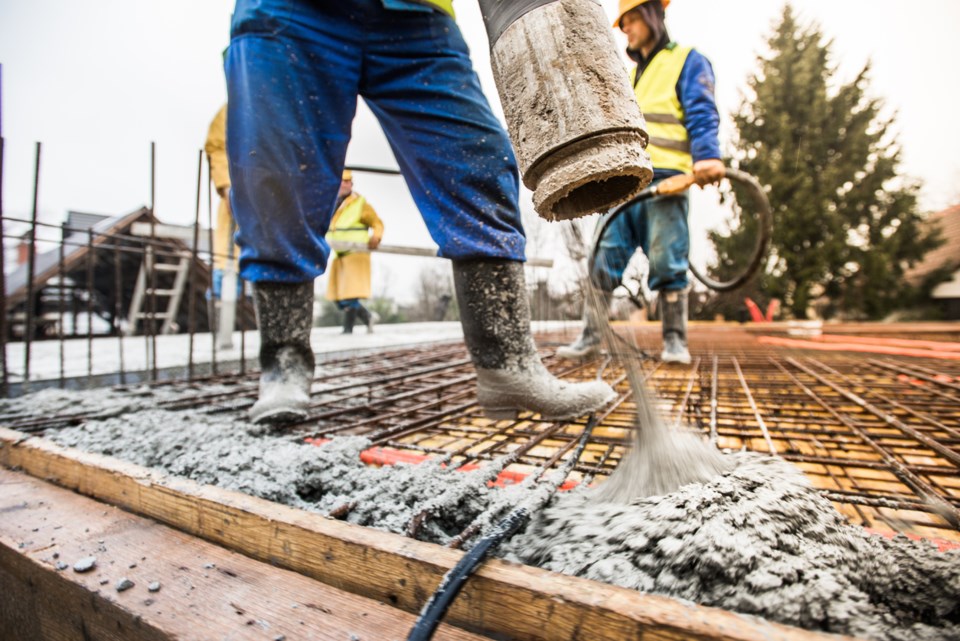With the public debate focused on the question of dialling-up our economy in these trying times, it is important that we do not forget the important role of workplace safety enforcement going forward.
Construction is one of the most dangerous industries in B.C. This has never been more evident than now, a time when COVID-19 is radically redefining the meaning of a “safe workplace.”
Not all construction sites are the same: road building, commercial and industrial construction, civil infrastructure and residential construction are all unique segments of the industry that possess their own distinct cultures.
What has become clear, however, is that the sanitation and hygiene practices in residential construction, and some other areas of the industry, are relics of the last century.
It is easy for employers in the construction industry to escape responsibility: a construction site is a fissured workplace. While everyone on the site is working in coordination with one another to achieve the same goal, they are doing so under a multitude of different employers contracted to carry out specific parts of the overall project. In areas of the industry that are largely non-union—like residential construction—this evasion of responsibility is especially pronounced.
This problem has become urgent in light of COVID-19. Construction workers have been pleading for help. Lack of enforcement has meant that B.C.’s Occupational Health and Safety (OHS) regulations on hand-washing stations and portable washroom facilities have been ignored.
Over the past weeks I have heard from construction workers—predominantly from the non-union residential sector—about the conditions on their worksites. Overflowing porta-potties, lack of hand-washing stations or hand-washing stations that are laughably subpar (one worker sent me a photo of a hand washing station that is nothing more than a hose duct-taped to a two-by-four with a bar of soap).
When I started receiving these testimonials from construction workers I took them directly to Minister of Labour Harry Bains and senior executives at WorkSafeBC. Minister Bains and his team have taken the concerns raised by these workers seriously, and WorkSafe has responded by creating a special inspection initiative for the construction industry.
Since announcing this initiative on March 24, WorkSafe has conducted over 1,000 construction site visits and issued multiple compliance orders to contractors failing to abide by OHS requirements or the government’s public health directive for the construction industry mandating social distancing.
This is leading to changes on the ground. Workers are reporting their sites, and contractors are being pushed into compliance. Construction workers are keeping B.C.’s economy afloat—they deserve a safe workplace.
What COVID-19 has shown us is that, left to its own devices, the residential construction sector in B.C. cannot address pressing issues of health and safety. It needs to be regulated. It shouldn’t take a crisis to create a safe workplace.
It is time we brought to an end to the era of cowboy contractors in B.C.’s residential construction sector. The Ministry of Labour and WorkSafe must continue to proactively monitor construction site safety. The government should make this special inspection initiative for construction permanent to ensure that the positive steps that they have taken to face this crisis result in lasting change.
B.C. is staring down the barrel of twin crises: a public health crisis brought on by COVID-19 and an economic crisis following in its wake. We are going to need significant stimulus funding to restart the economy; construction will be a major part of that. But we need healthy construction workers in order to get there.
Andrew Mercier is the executive director of the BC Building Trades Council, which represents 35,000 unionized construction workers in the province.



